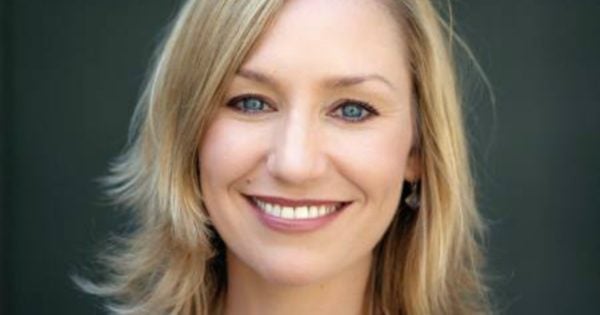She was the first woman to breastfeed in the Australian Senate. She fought to save the Great Barrier Reef from the effects of pollution and global warming. She stood up against cuts to domestic violence services and campaigned for equality for women across Australia.
And now Co-Deputy Leader of the Greens Larissa Waters has resigned from Parliament after discovering that she has dual-citizenship with Canada—a fact that has rendered her ineligible for a seat in the Senate.
Waters is the second Greens senator within the week to resign because of dual-citizenship status.
Fellow Deputy Leader of the Australian Greens (they shared the title) Scott Ludlam announced his resignation on Friday after discovering he shared citizenship with his birthplace, New Zealand.
It is with a heavy heart that I am resigning as Senator for Qld and Co-Deputy Leader of the Australian Greens. https://t.co/DuplaZPi2h
— Larissa Waters (@larissawaters) July 18, 2017


Top Comments
Disappointed for both Larissa and Scott! Hope they can renounce citizenship and get back in the game. It's nice to have young, energetic blood as part of the political mix. Good that they have immediately resigned and are taking steps to fix the problem, nice to see politicians acting responsibly - next time, check first!
I don't feel very secure with people like Waters unable to fill out a stat dec, a legal document, properly and then to go on and make decisions on legislation.
Very dodgy.
I didn't mind her until I saw her on Q&A where she was patronizing and rather sneering towards Pauline Hanson. Even if you dislike Pauline Hanson, she was elected to the Senate and Waters' behaviour was immature.